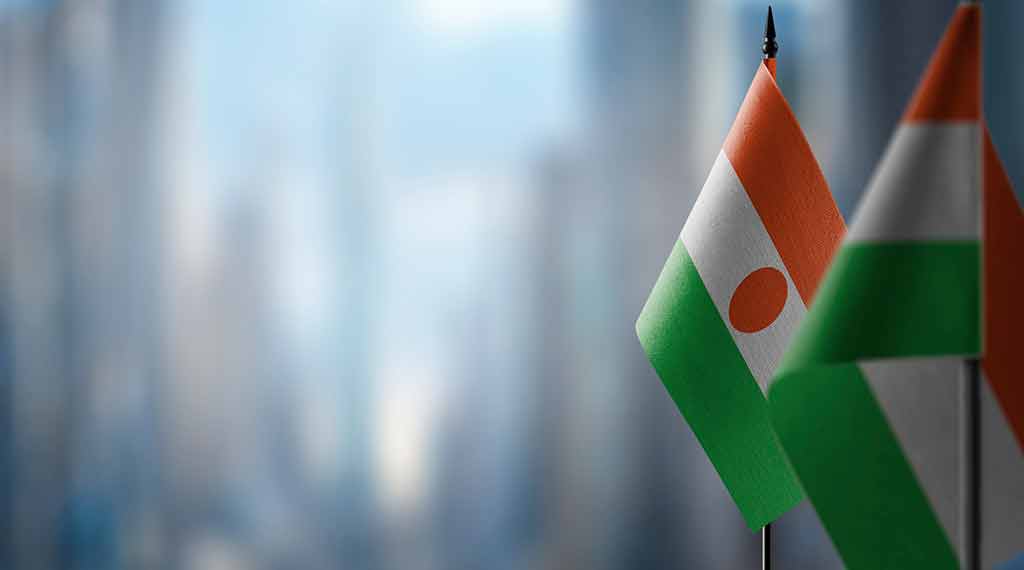
US Under Secretary of State for Political Affairs Victoria Nuland came to Niger and demanded to see the former president, currently under house arrest in the Presidential Palace. She was turned down and met with a few of the coup leaders in Niamey, Niger’s capital.
She threatened that the US would stop providing aid to the country and demanded that the coup leaders restore the former president, Mohamed Bazoum, to power.
She left empty-handed but with the threat of military action looming, coming either from the ECOWAS countries (Economic Community of West African States) or from US and French troops in Niger – or even from both.
The US trained most of the leaders of the Niger coup and maintains a force of around 1,500 troops in the country. While Niger has asked France to remove its 1,100 soldiers, France has not complied. US troops have not been ordered out of the country, although that remains a possibility if the situation deteriorates further.
Niger is one of the poorest countries in the world. Its main assets are uranium mines primarily owned by French companies.
These days Niger is also producing modest amounts of oil, around 14,000 barrels of oil a day, all of which is domestically consumed. Seventy percent of Niger’s electricity is supplied by Nigeria. Nigeria has halted the supply of electricity since the coup, according to news reports.
Niger’s main uranium mine, SOMAIR (Société des Mines de l’Aïr), gets its electrical power from a local coal-burning generator facility. Niger accounts for around 5% of world uranium production (in the form of Yellowcake).
But France is much more dependent with 20% of its uranium coming from Niger, its number two supplier. France’s top supplier is Kazakhstan. Uzbekistan is its number three supplier, just below Niger.
If Niger’s production is halted for any significant period of time, pressure will grow on other suppliers and uranium prices will likely increase. At present the French company Orano, which is the majority owner of SOMAIR, says that the mine is operating. Prices have ticked up a little but not dramatically.
At present Niger’s airspace is closed. Roadways are blocked and imports of food, medicine and other supplies also are blocked. There is increasing concern that any sustained supply halt could trigger a humanitarian crisis.
ECOWAS has threatened military intervention but not all of the 15 members of ECOWAS favor military action.
The most germane threats to Niger come from the US and French contingents in the country and the potential for either or both to be reinforced. The US contingent in Niger falls under the authority of the US African Command (AFRICOM).
Officially the US military presence is based on 10 US Code 127e, which authorizes US military special operations to be used to combat terrorism. It does not authorize US forces to play any role whatsoever in the internal governance of a host country.
This poses a major problem for Washington, since it would have to declare a national security contingency. There is no conceivable national security contingency one can think of, and US troops are not threatened.
- Europe makes missiles for Patriots as Israel retires them - May 9, 2024
- Israel’s attack on Iran: What we know so far - April 23, 2024
- Apply Israel-Iran lessons to Taiwan - April 18, 2024
